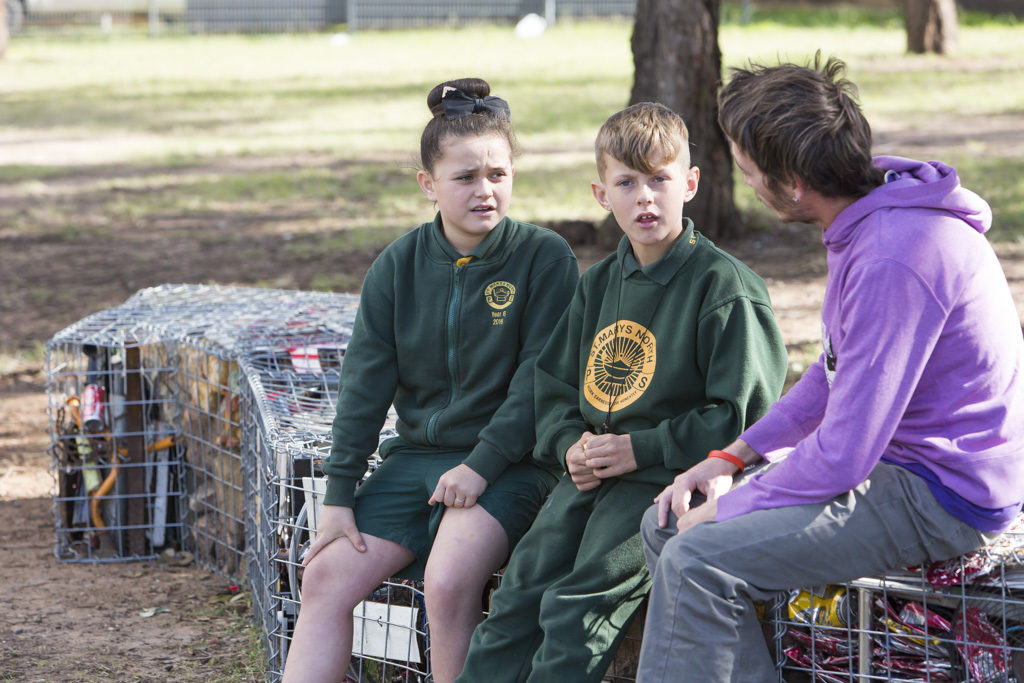The Importance of Togetherness: Considering the Indigenous Concept of Kinship and Australian Society

Togetherness and unity; two words which can get a bad press. Preach too often and too loudly about togetherness and you risk being branded an advocate of grey uniformity, in which freedom and individuality are stamped out.
Do the same on the topic of unity, and those on the right of the political spectrum may decide you are a communist, or another perceived 'threat' to Australia's liberal values.
However, togetherness and individuality are not antithetical. Nor are unity and uniqueness of character. We are all individuals, and yet we all exist and contribute within the same society. We are unique, and yet we are all together.
We Lose Sight of Unity at Our Peril
Resistance to this fact can harm us as a society. By dismissing calls for unity and support within society, we are increasingly fracturing the social landscape in which our children, and our children's children, must grow up in.
We have discussed notions of engagement, pride, and social responsibility in the past, but much of this is dependent on the gravity and influence that society exerts upon us. To put it simply, we must feel a part of society - we must feel included, valued, wanted - or we will not feel that desire and responsibility to engage and contribute.
Unfortunately, a significant segment of our population does not feel this way. What's more, this issue is exacerbated by the fact that our criminal justice system is not structured in a way which is cohesive to changing this. While there are progressive elements and initiatives within our justice system, and these have a major role to play, much of the Australian penal structure is geared towards punishing offenders and exacting retribution, rather than working to re-integrate and rehabilitate individuals, and, in turn, actively reducing crime and creating an atmosphere of social cohesion.
Our prison population, unfortunately, reflects this. Statistics released by the New South Wales Bureau of Crime showed that the number of adults incarcerated within the prison system at the end of September 2017 was just above 13,000. While this does represent a slight reduction in custody figures after a peak at the end of June (down by 75), the long-term trend is more worrying, and the prison population has been consistently rising each month for the past two years.
The Indigenous Concept of Kinship
It is clear that re-engagement with our society and with community as a whole needs to become our top priority in New South Wales and across the country. At the Mount Druitt Learning Ground, we believe that the Indigenous concept of kinship can teach us much about togetherness, which we need if we are to progress as a nation.
The concept is based on three core tenets;
- Moiety – The idea that we should strive towards balance and harmony within our lives and within our society.
- Totems – Totems teach us about ourselves and are drawn from our nation, our family, our group, or simply of ourselves. Collectively, we are the custodians of our totems, and must be responsible for their upkeep and well being.
- Skin names – Skin names refer to the bloodline, but this tenet may also linked closely to the respect we feel for other groups and for our extended families and close friends.
We are urged to look more closely at this concept and at these three tenets, and examining how we can learn from this understanding, and have such learning assist the approach we have to our daily lives. Of course, this means consciously altering the way in which we act on a personal level, and also in wider society.
Margaret Bell, AM - Founder and CEO of Chain Reaction Foundation.
| Website | Donate to our Purple Heart Appeal | Contact Us | Purchase the Book |
